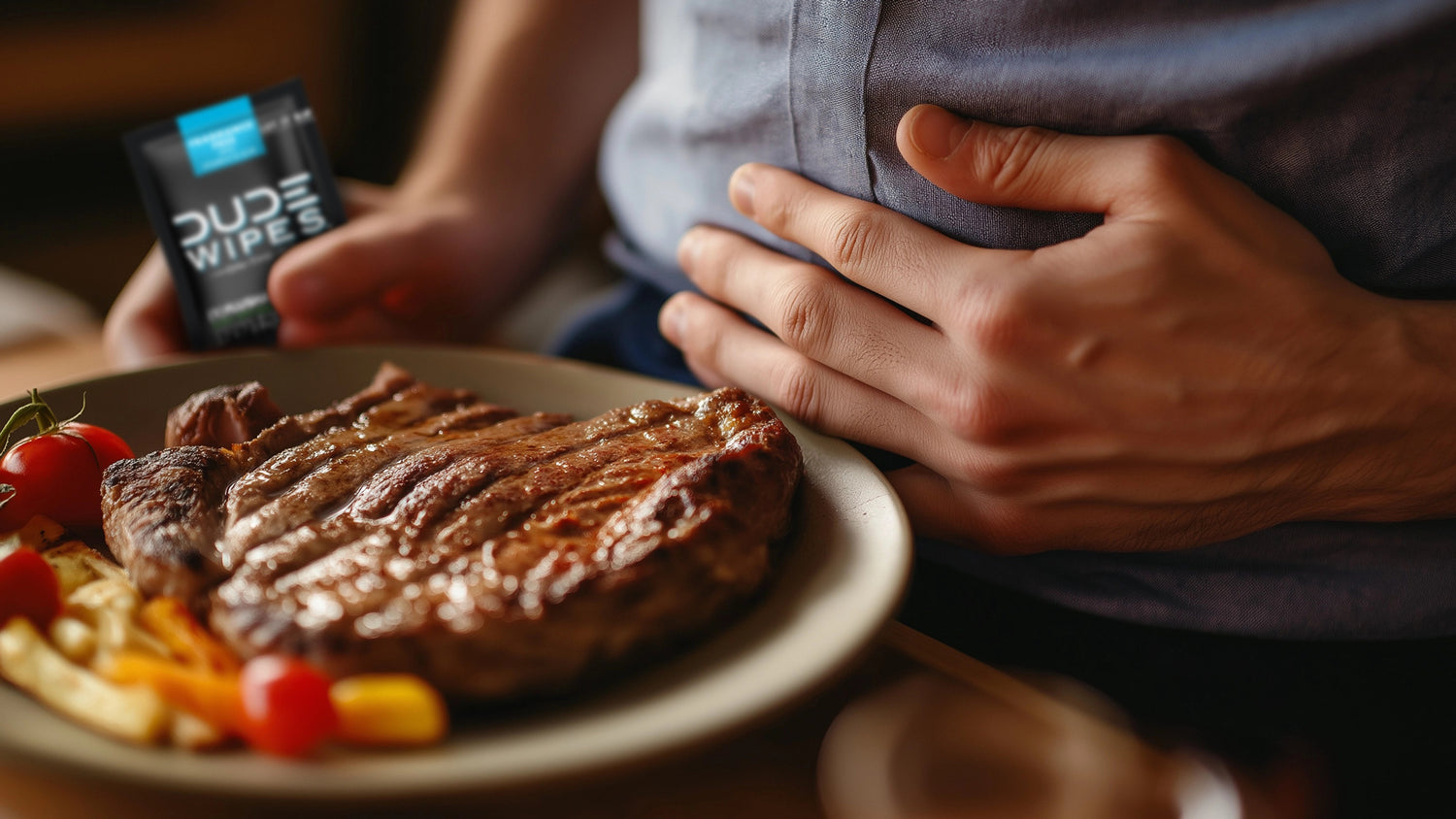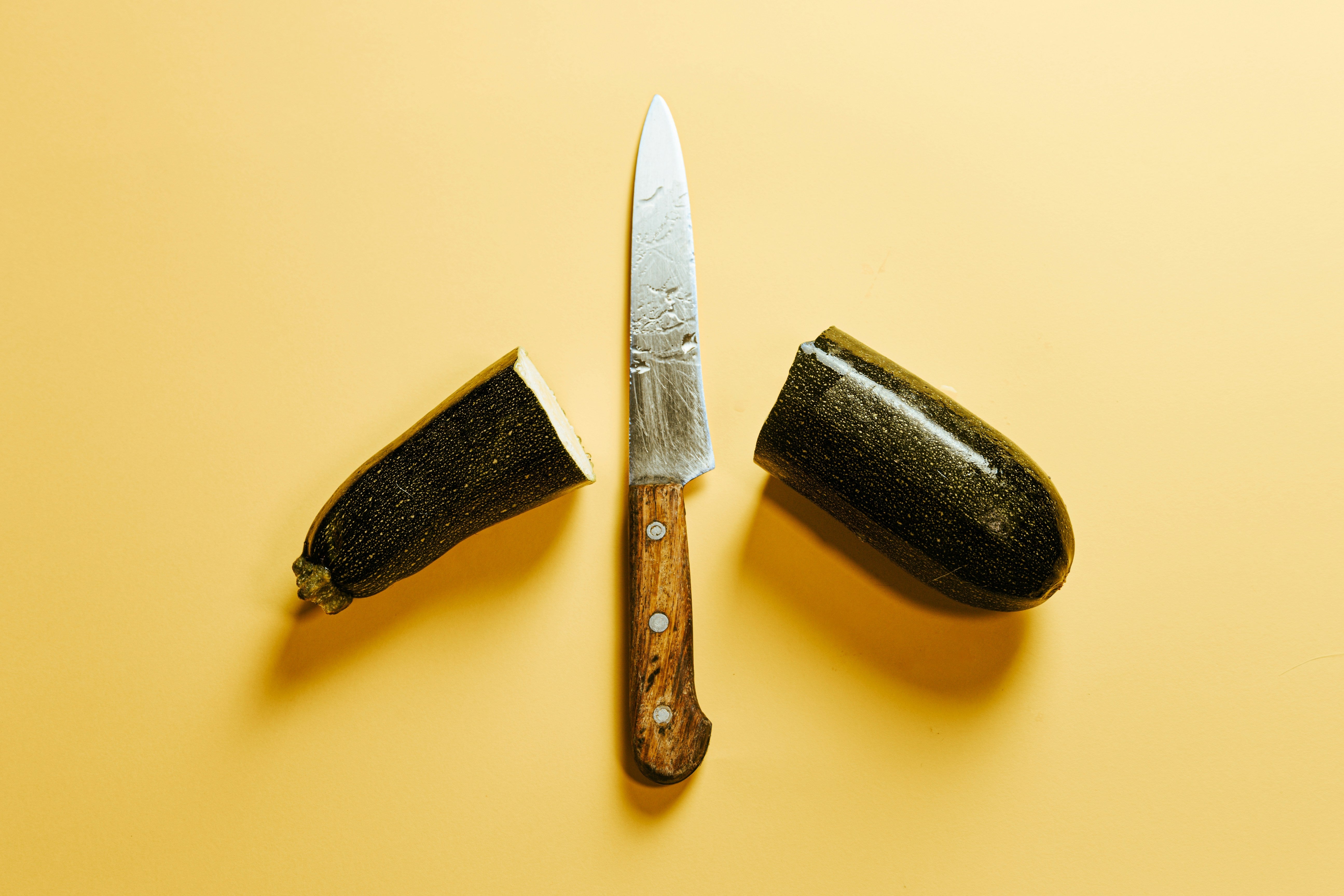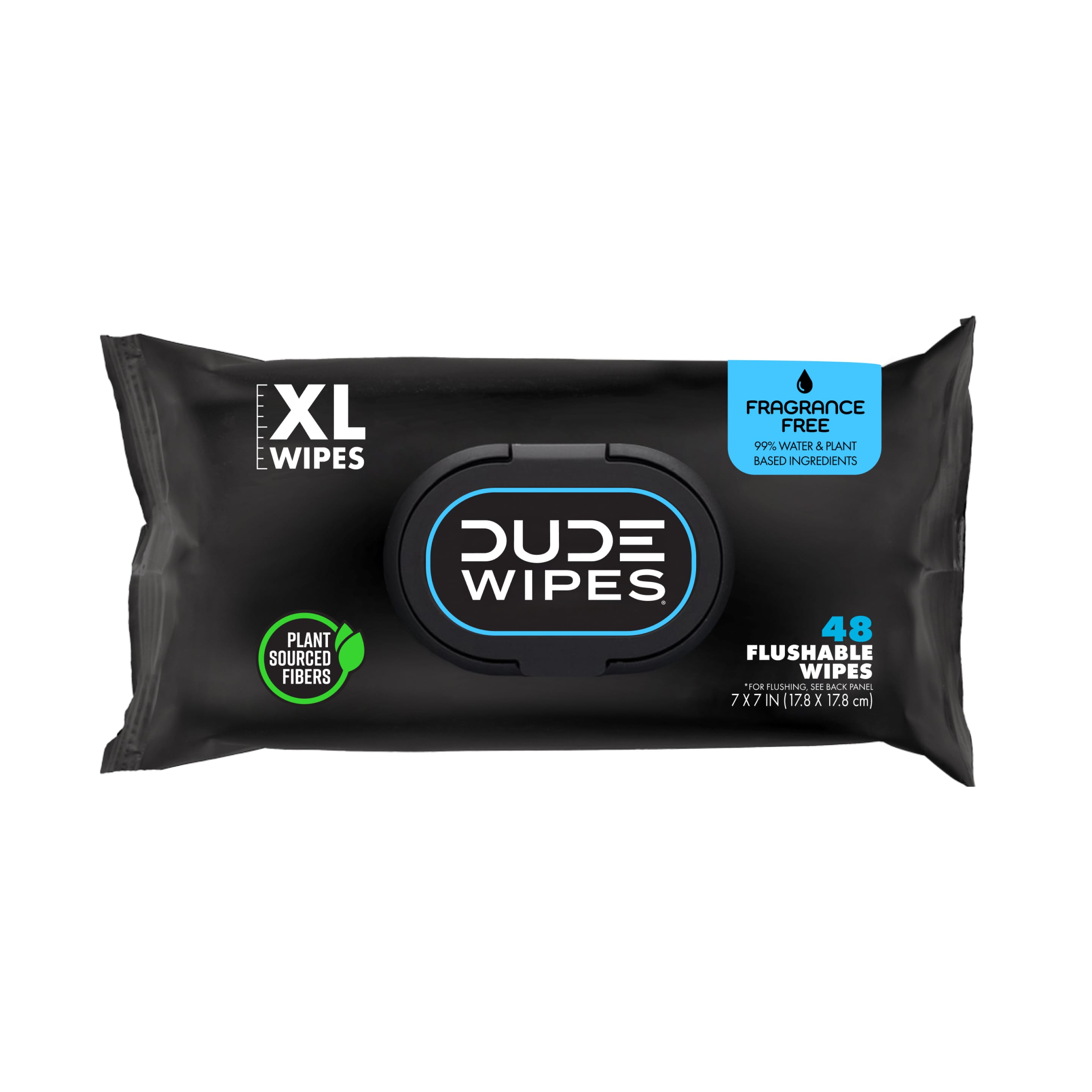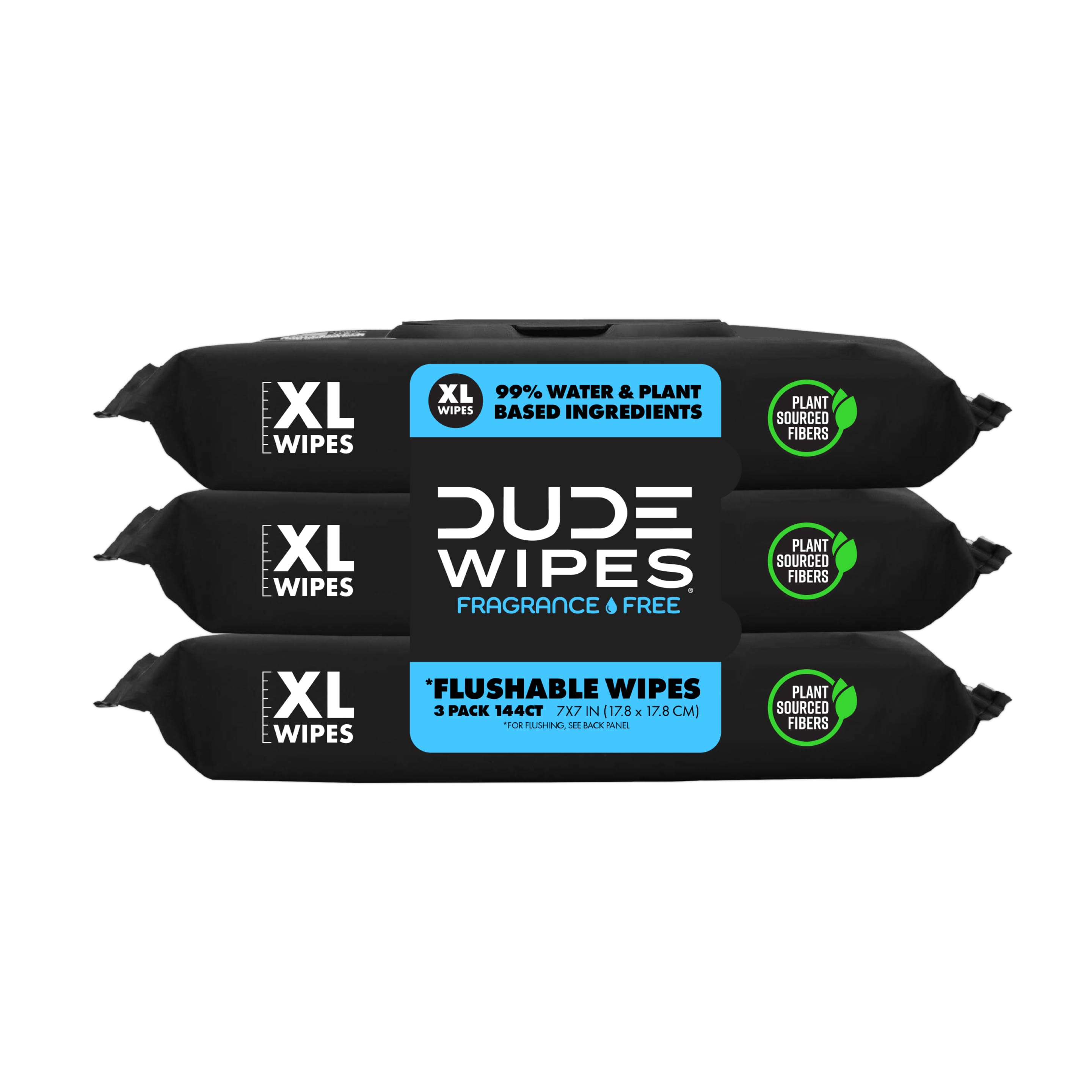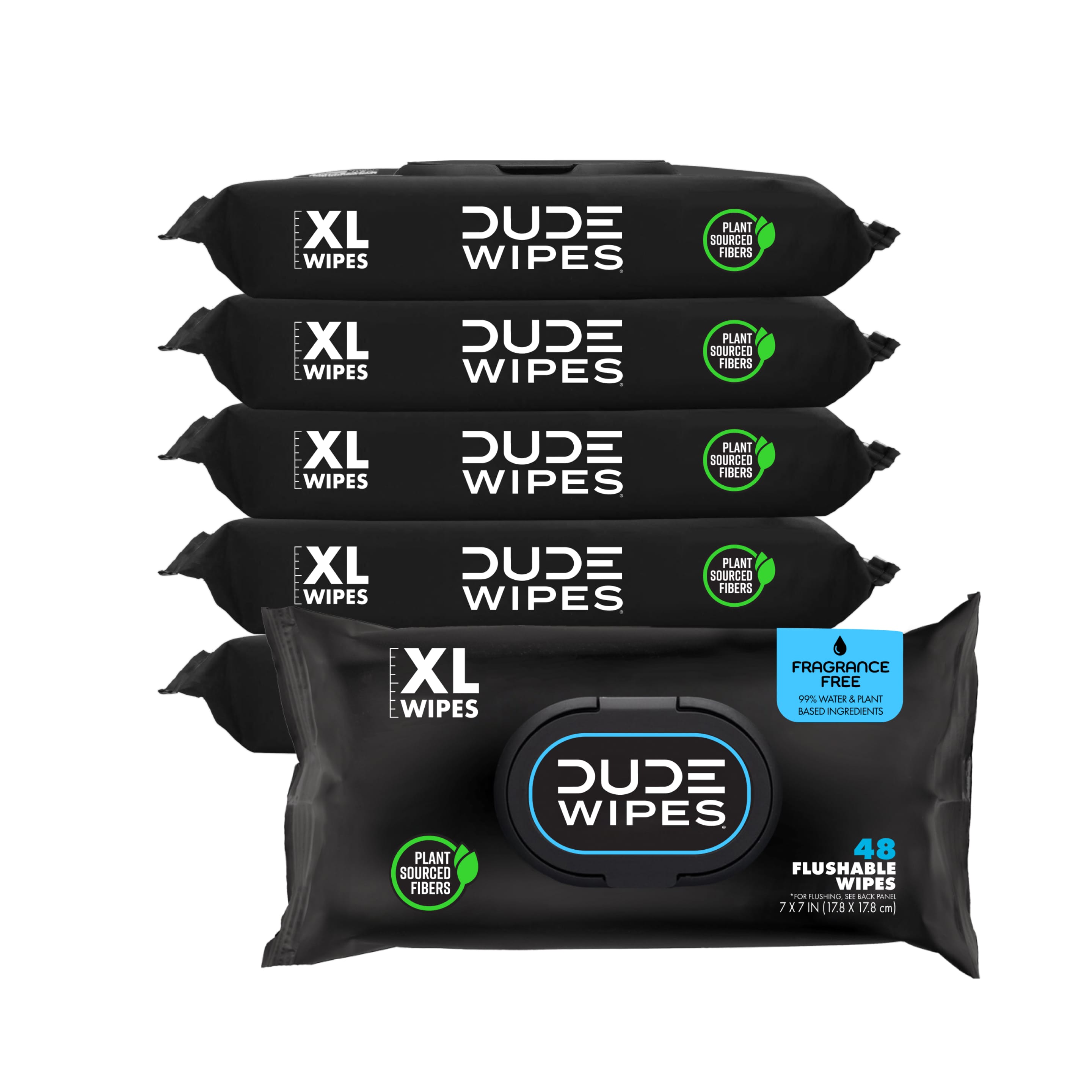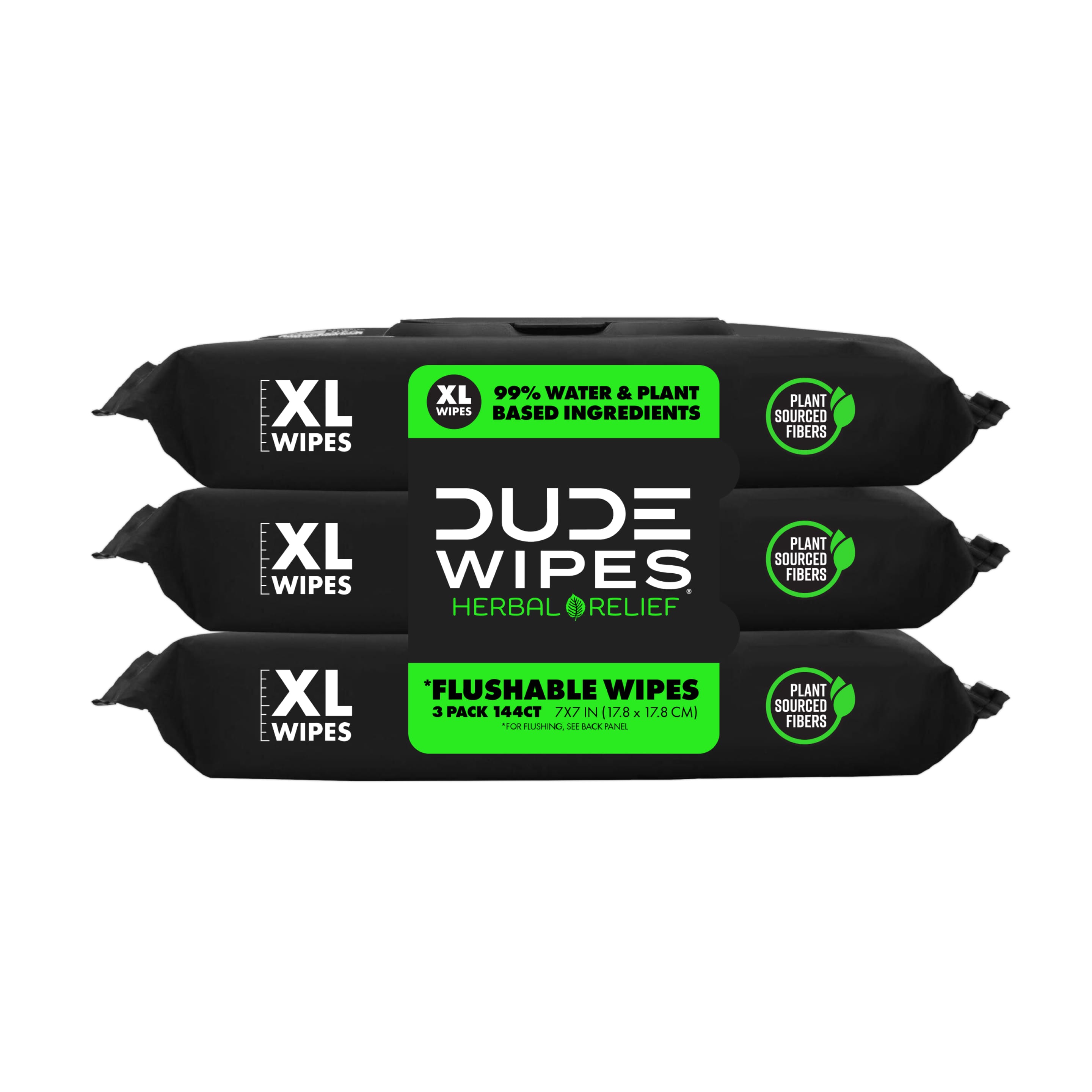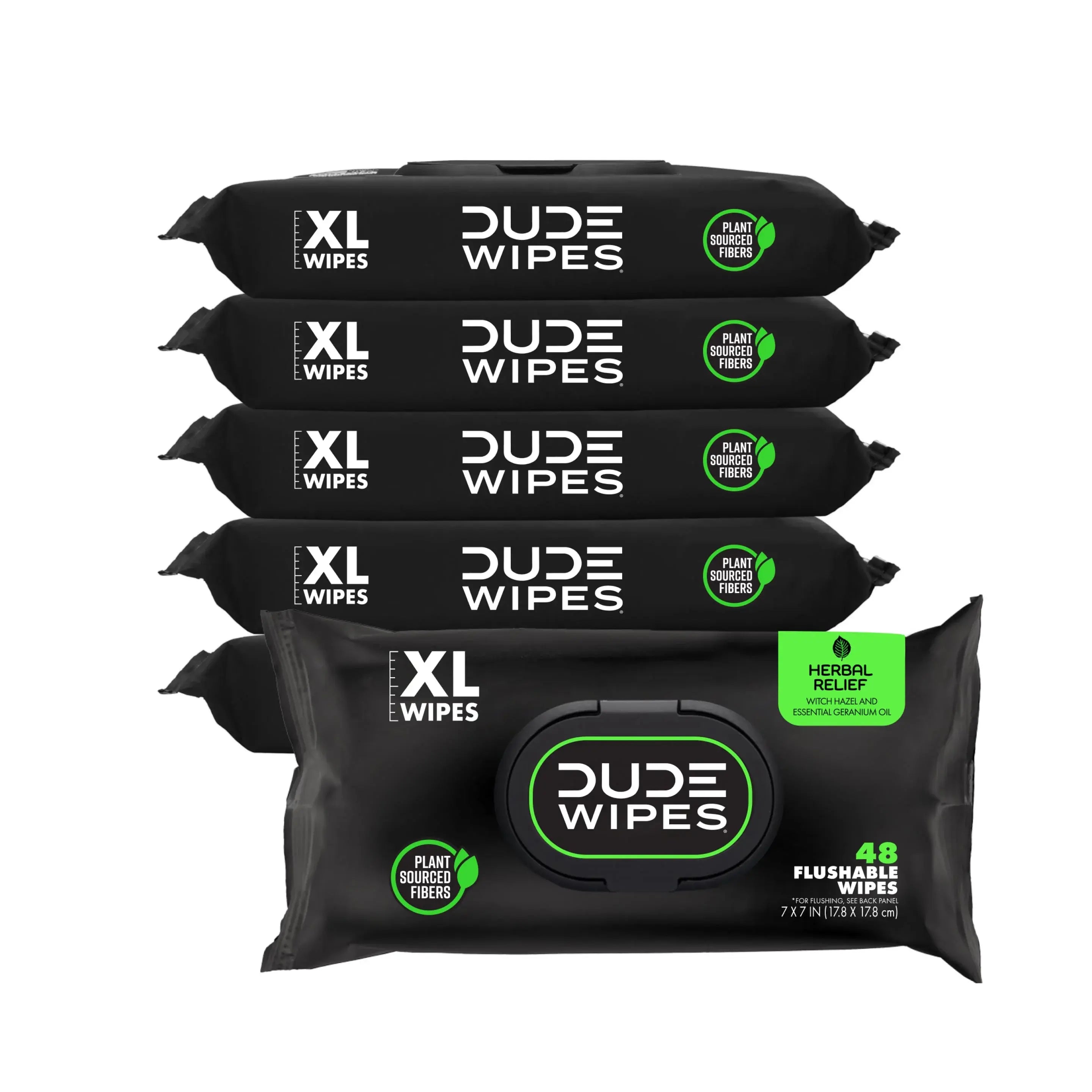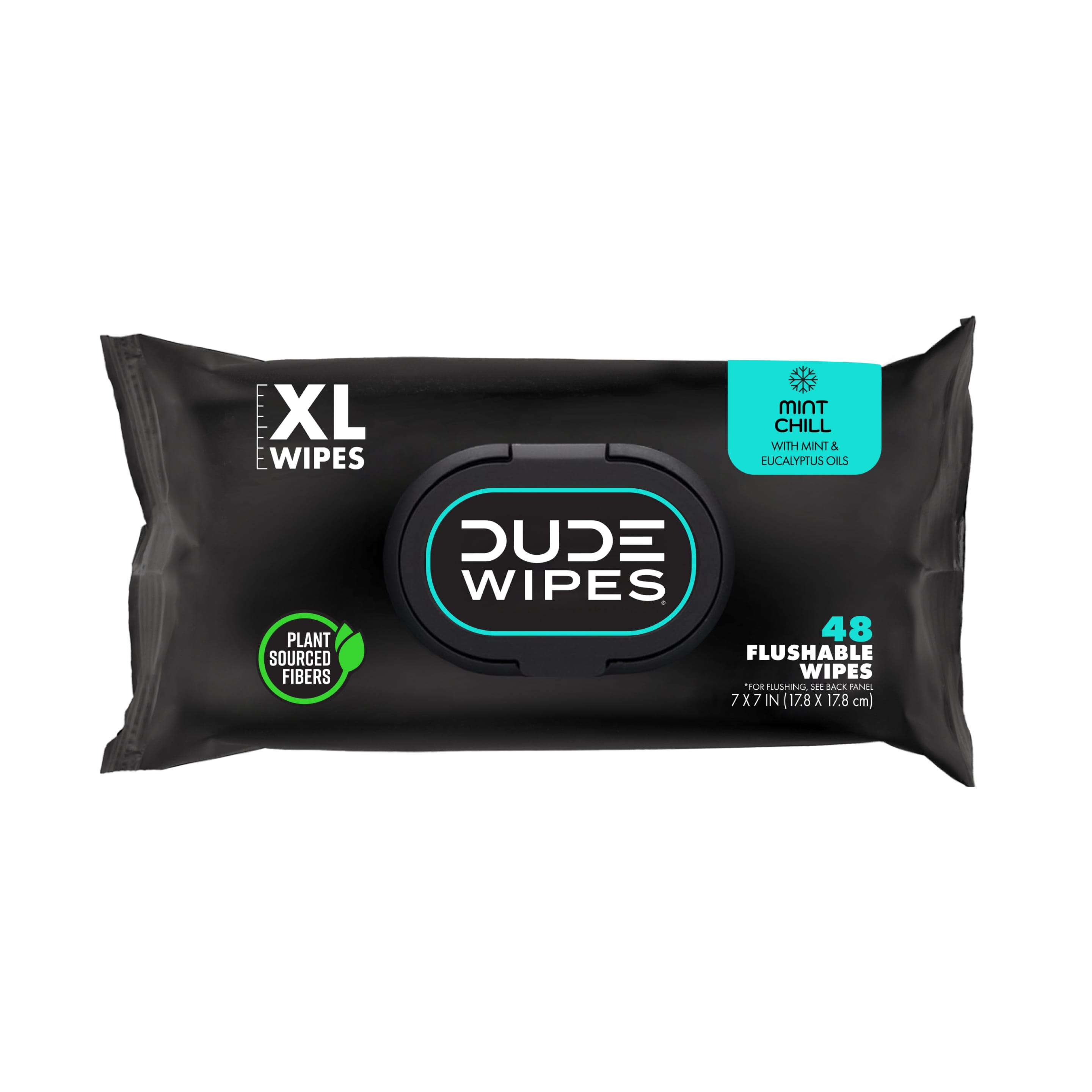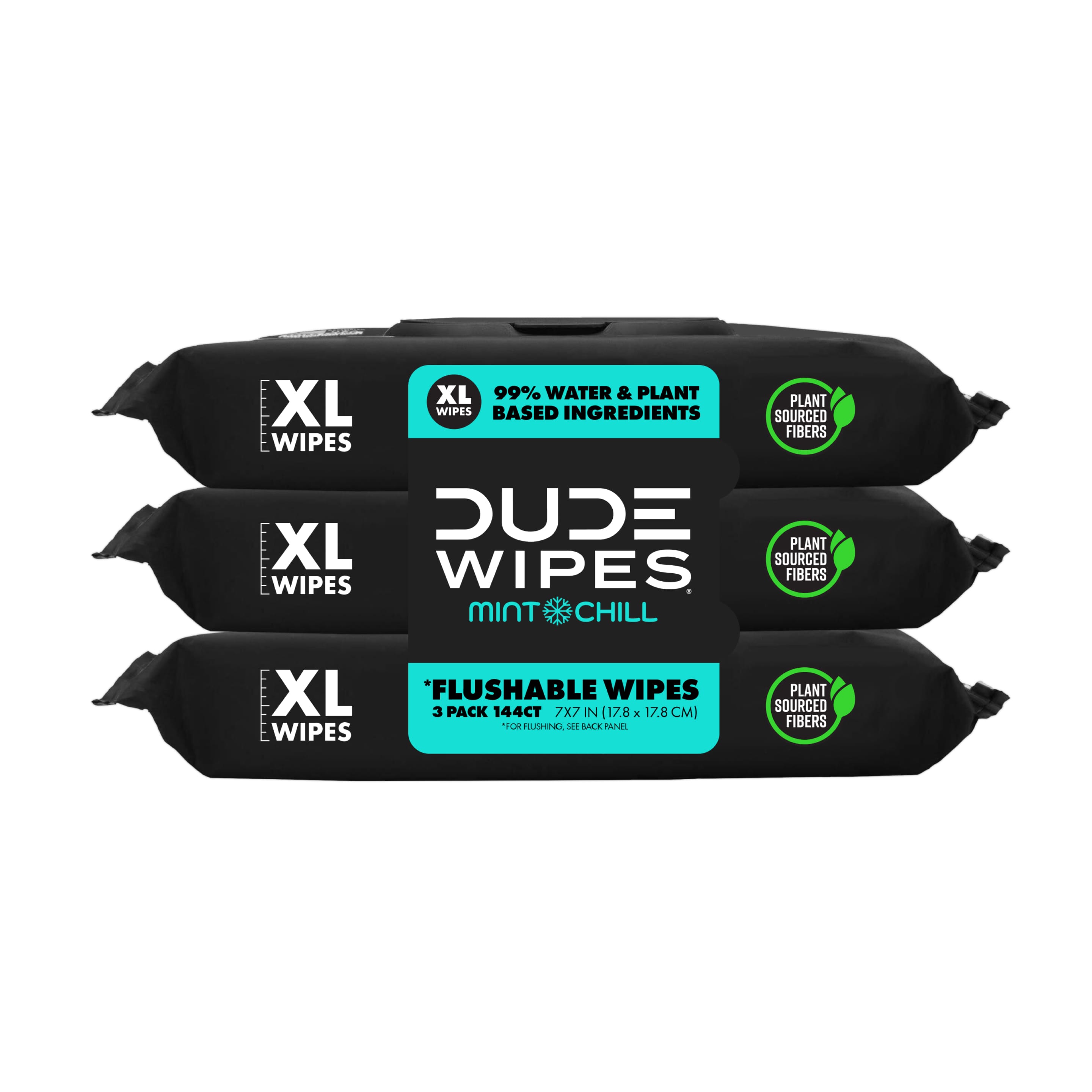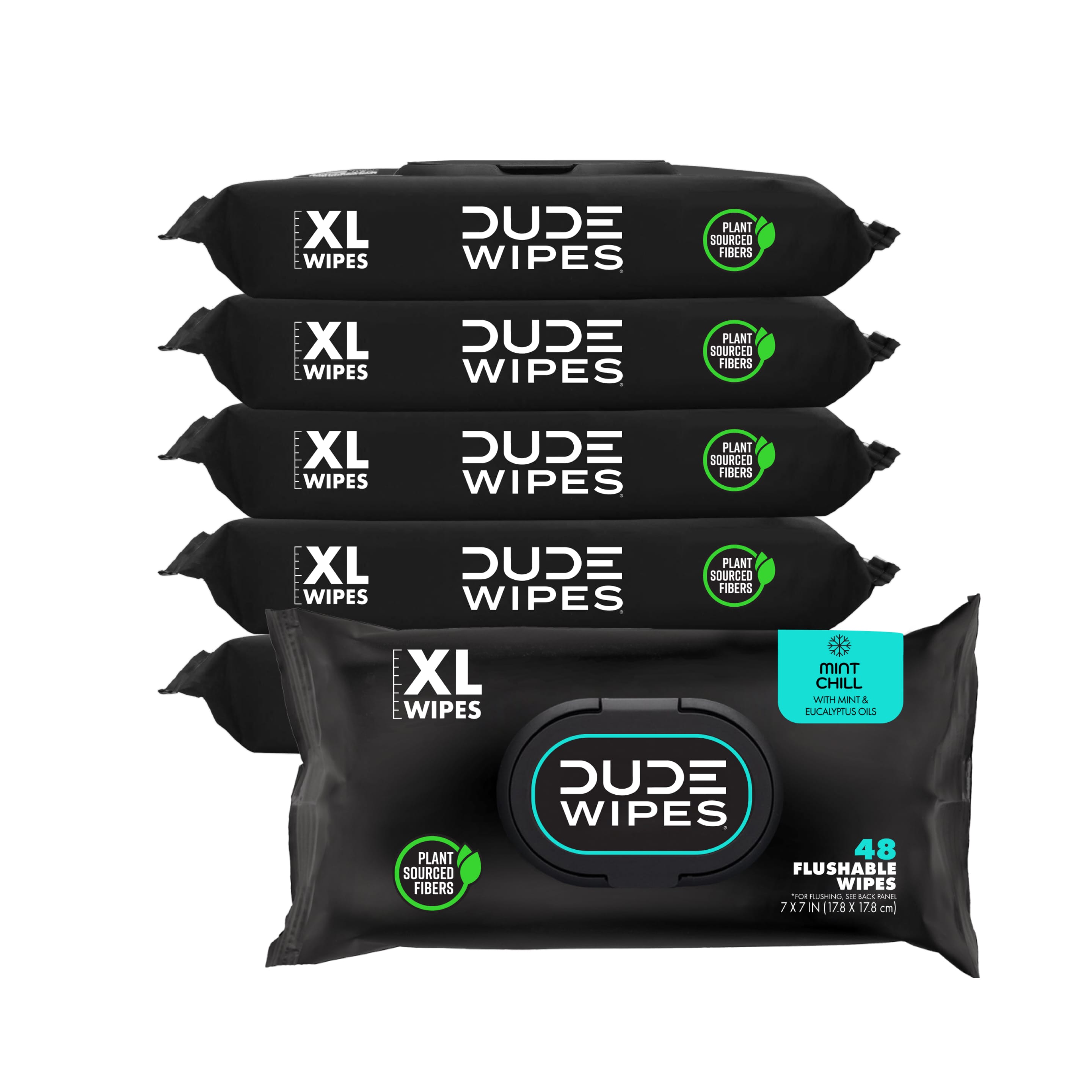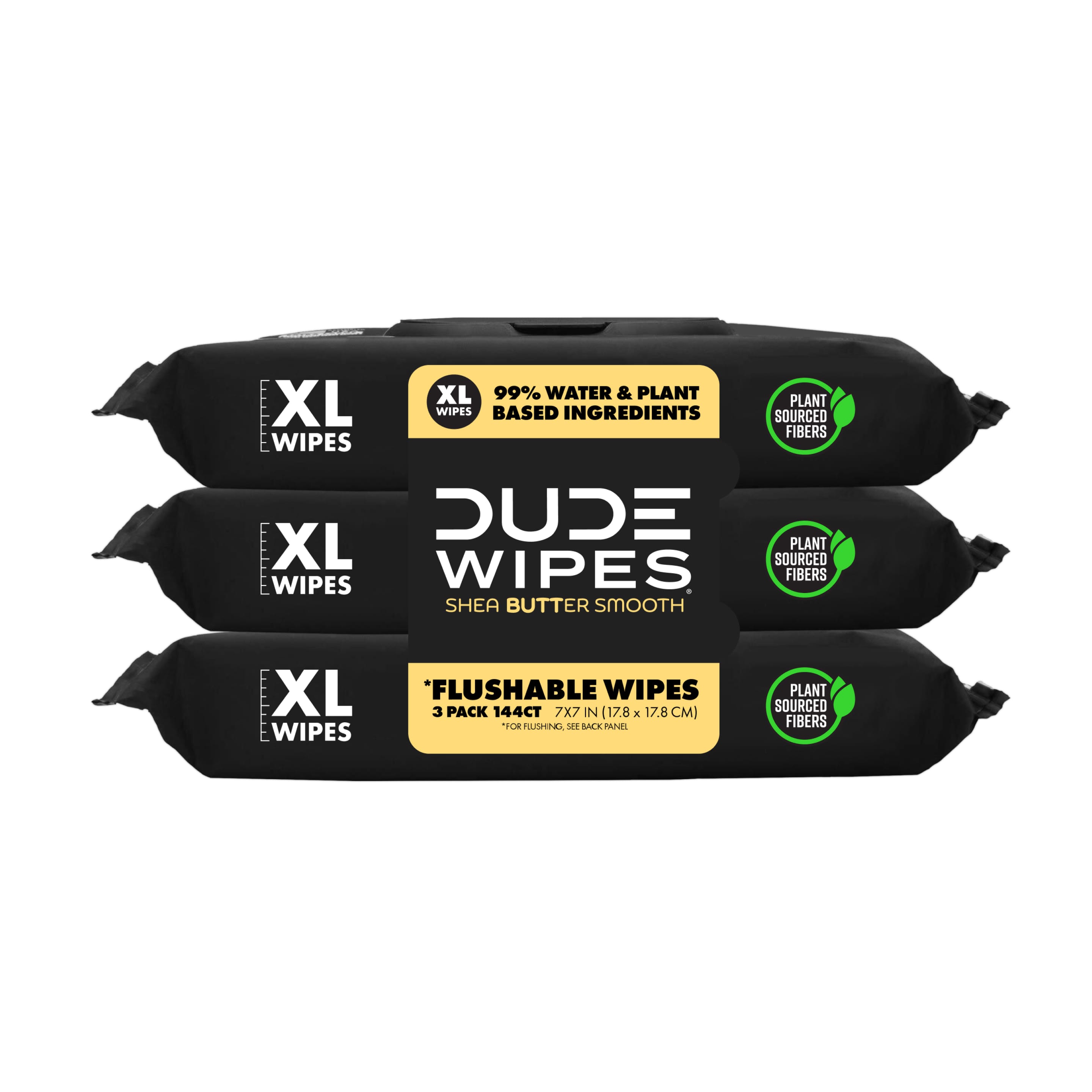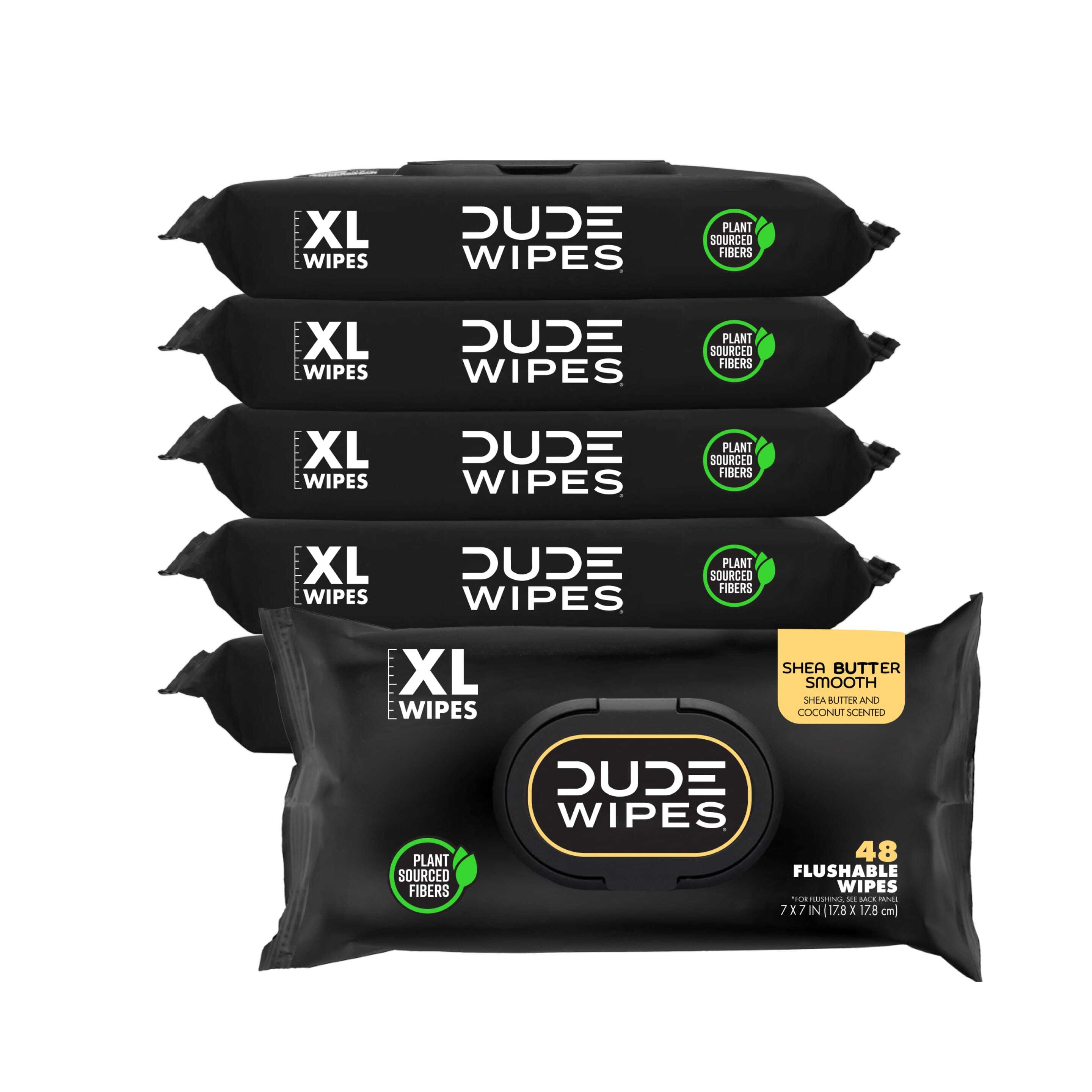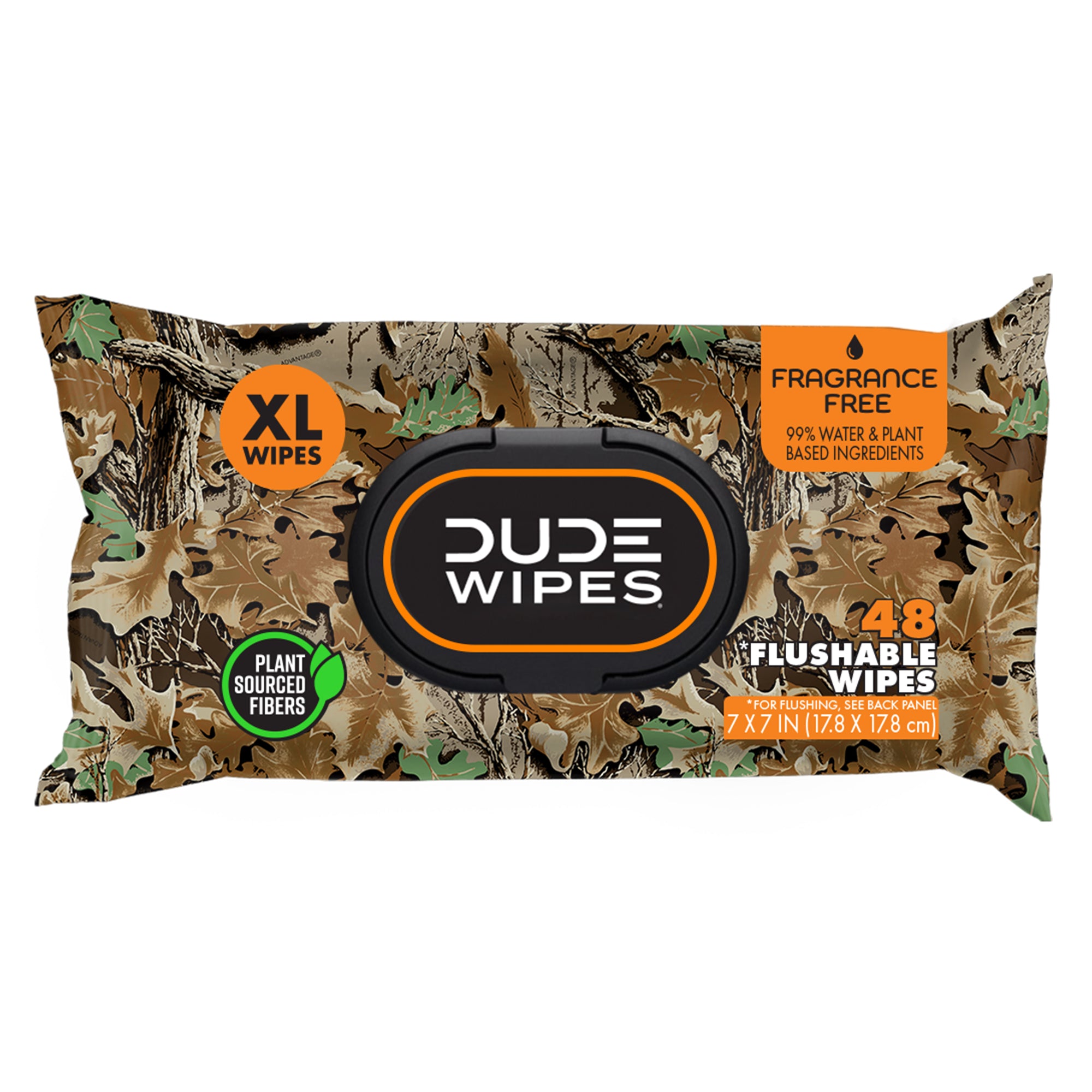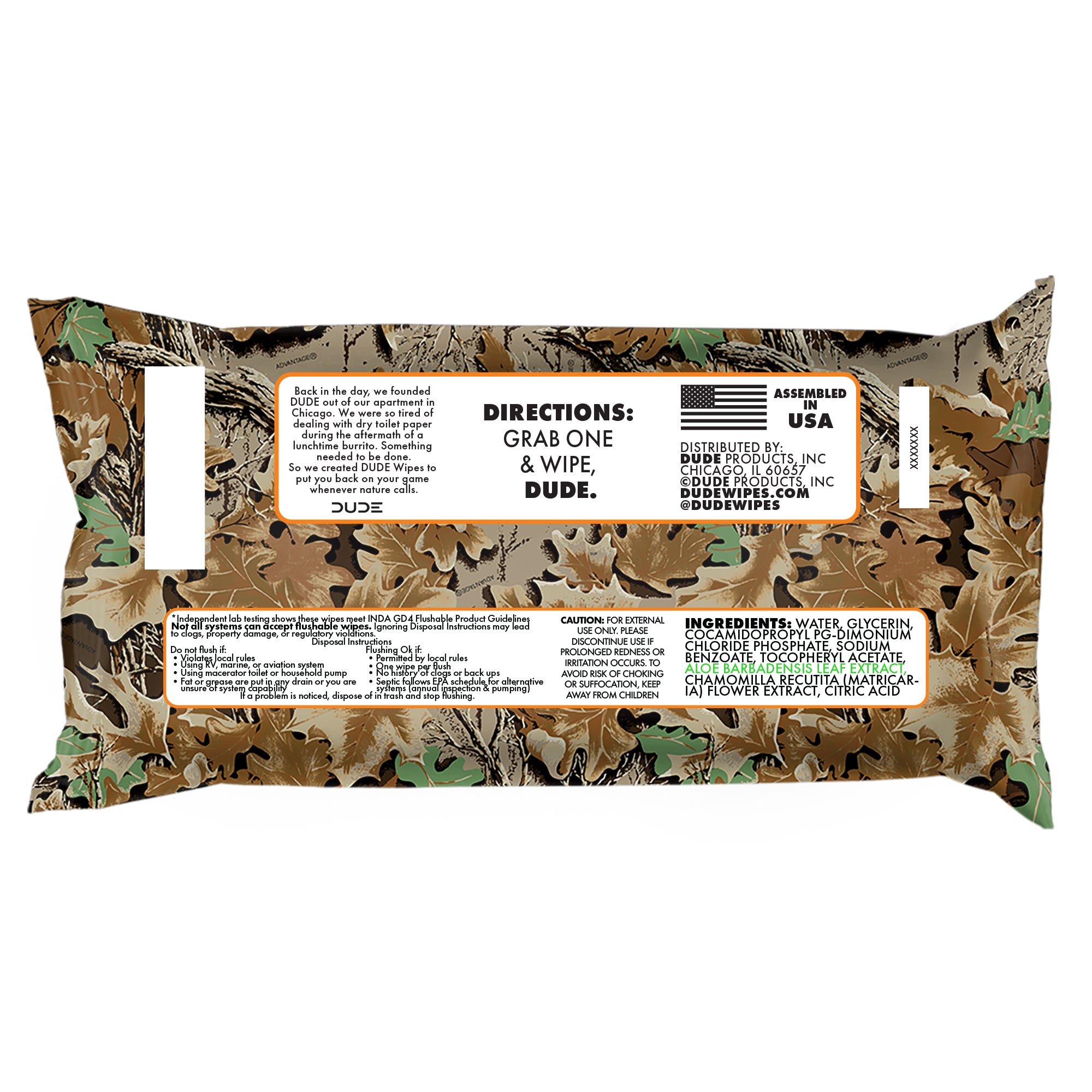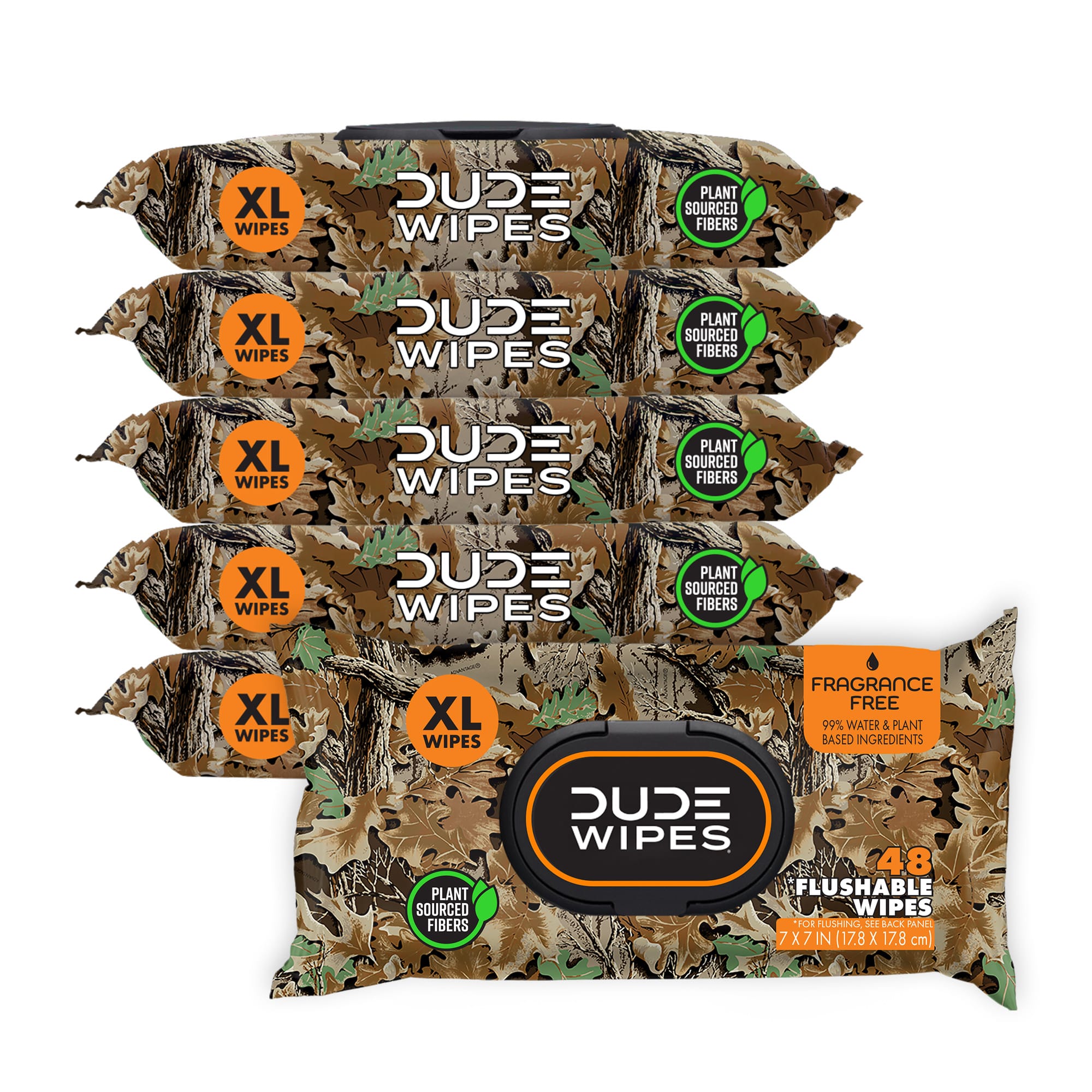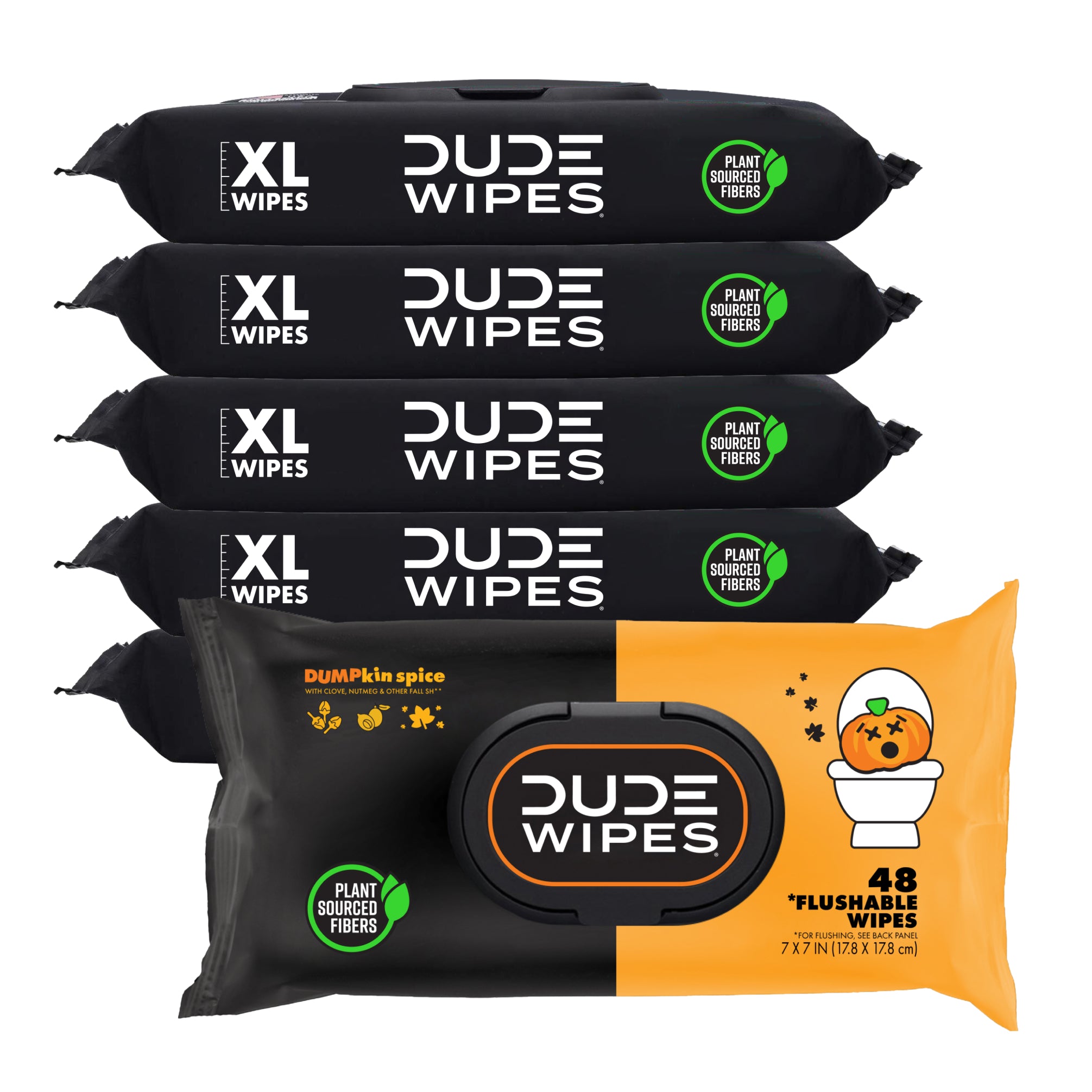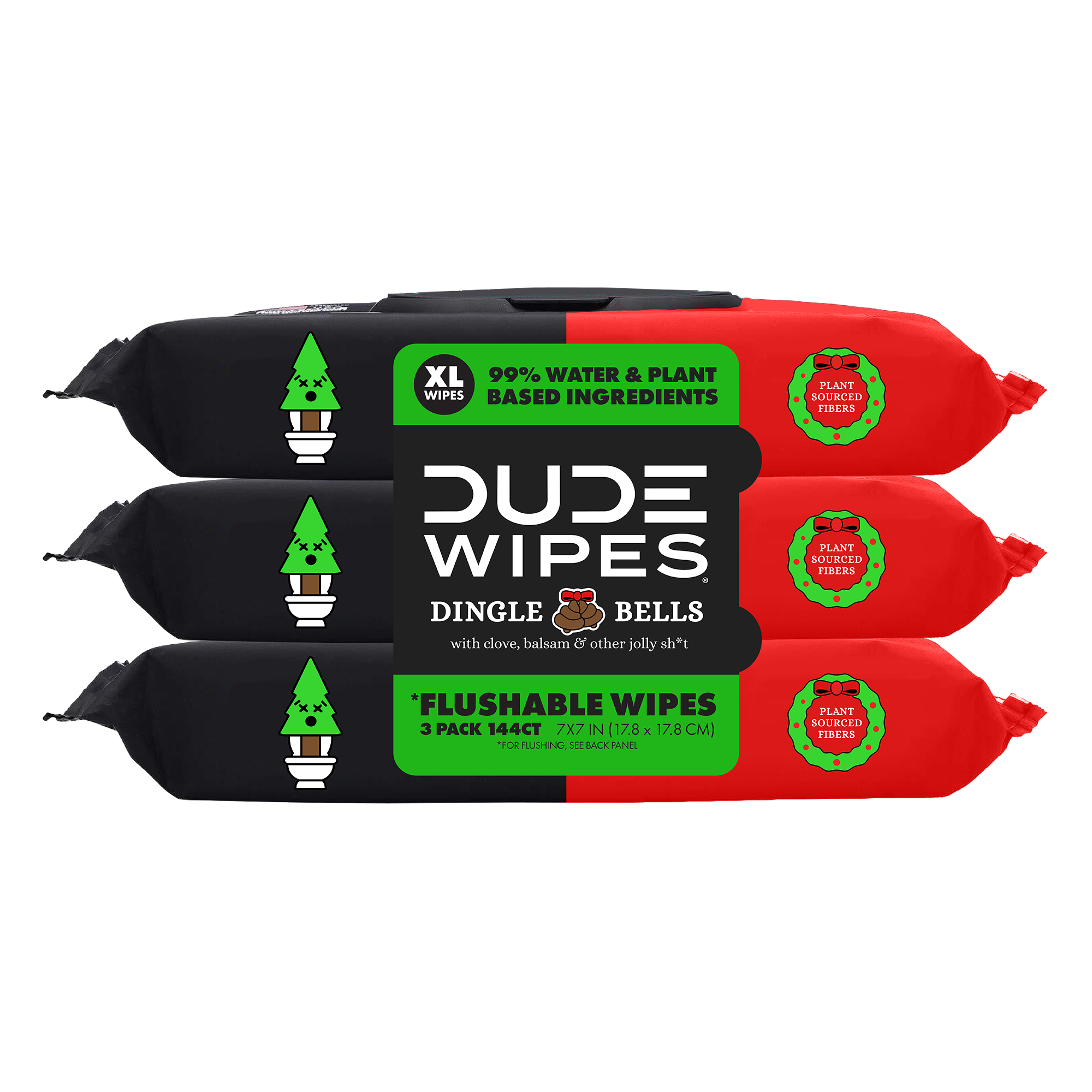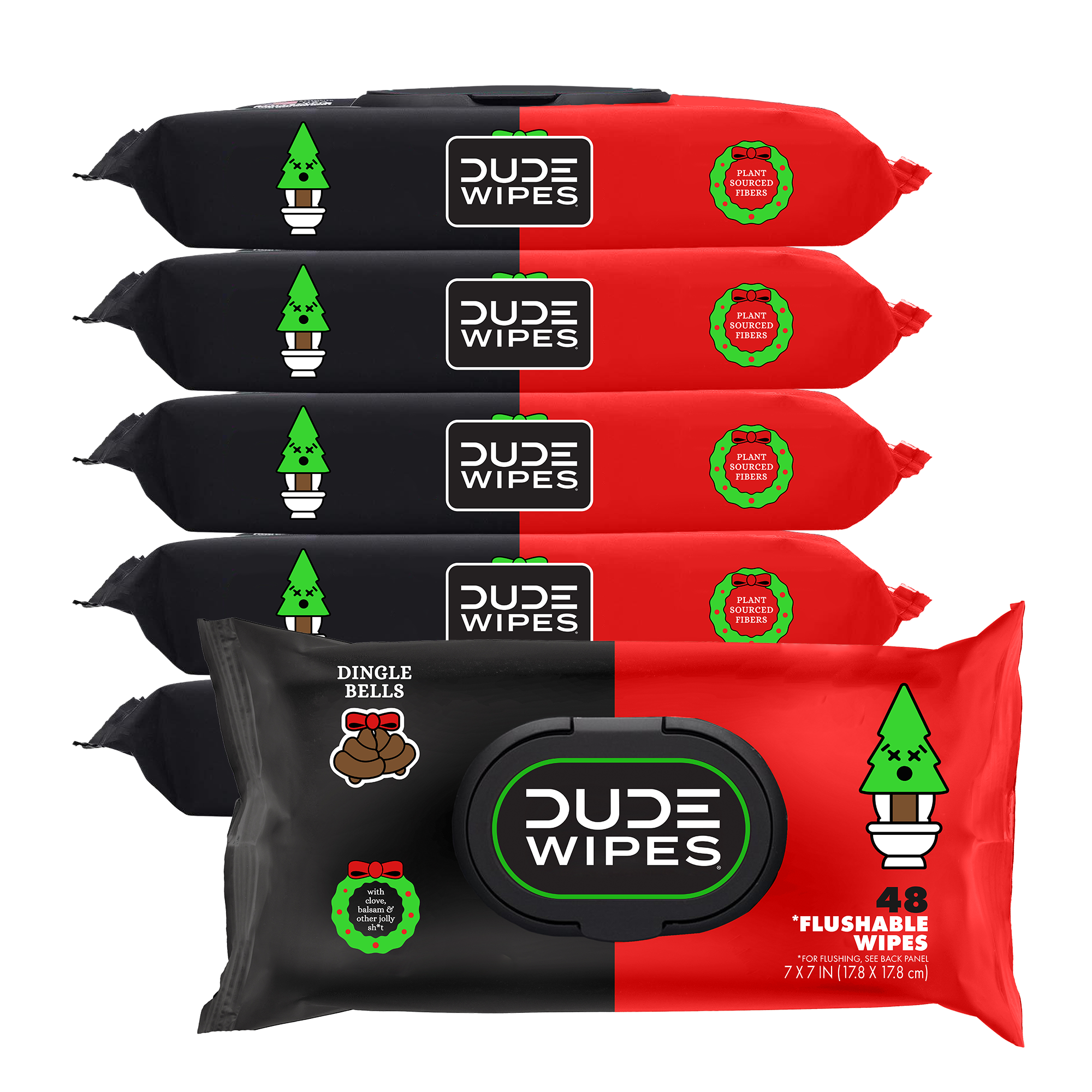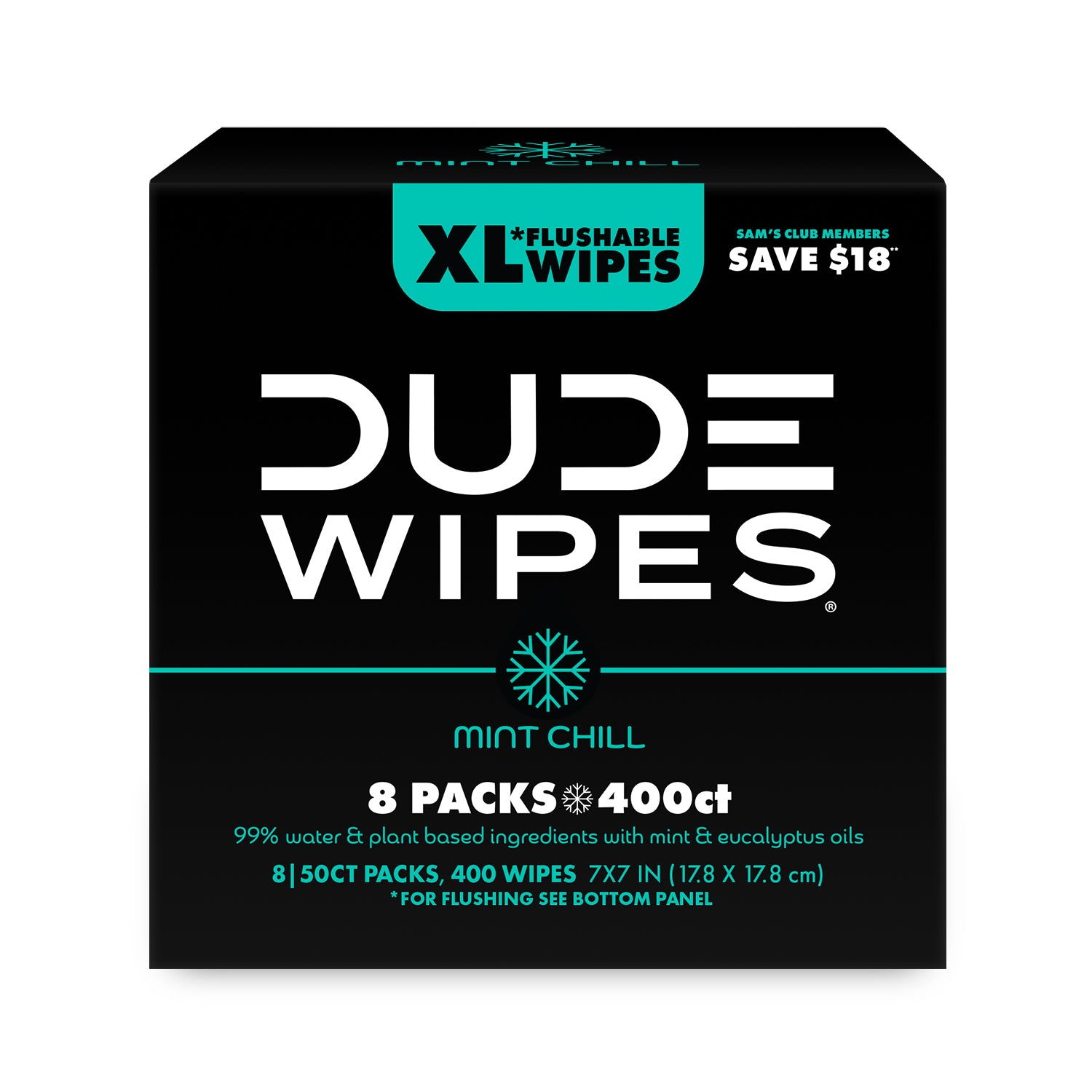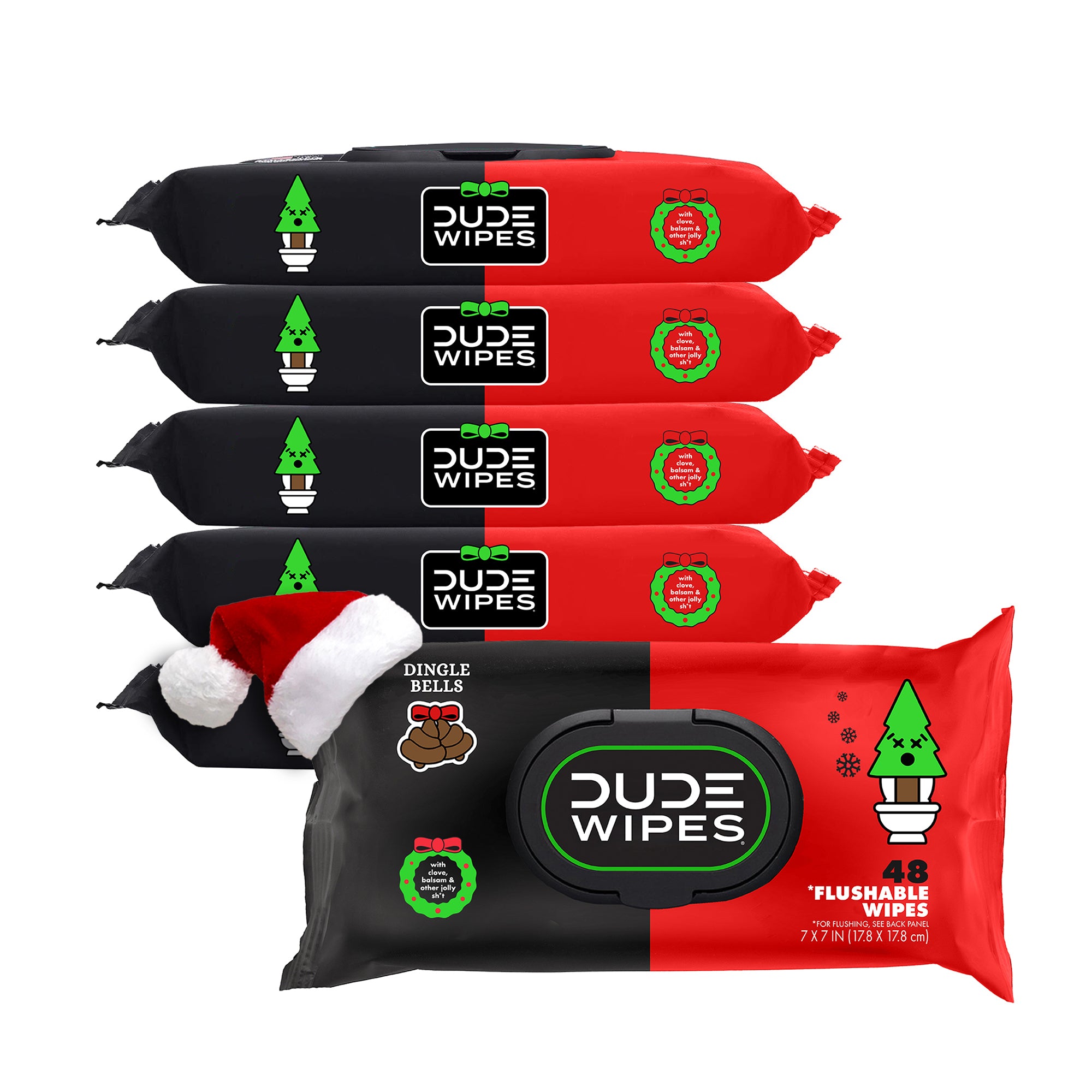You’ve been hitting the gym hard, chowing down on steak and chugging protein shakes to make those gains. You’re seeing results, too. Those biceps are finally bulging and there’s evidence of abs. You may have even started asking your friends if they have tickets to the gun show now.
Butt there’s one problem: you can’t take a dump if your life depended on it. So the thought has probably crossed your mind (after you pushed so hard sitting on the toilet that you nearly burst a blood vessel) — should you blame your high-protein diet for backing you up?
Does Protein Make You Constipated?
Protein itself doesn’t make you constipated. That said, if you’re eating a ton of protein but not focusing on your fiber intake, constipation is almost inevitable. Additionally, too much fat in your diet, not drinking enough water, and gut microbiome shifts can also plug you up.
Bottom line: It’s not the amount of protein that makes you constipated, it’s the lack of balance that throws you pooping pattern out of whack.
4 Reasons You Can’t Poop on a High-Protein Diet
If hitting your macros is interfering with your ability to drop a deuce, here are four possible culprits.
1. Lack of Fiber
Fiber has a huge impact on your bowel movements. It absorbs water into your stools, making them easier to pass. It also triggers peristalsis, which are contractions in your digestive system that push stools through your intestines. Without enough fiber in your diet, your stools become smaller, harder, and more difficult to pass.
2. Dehydration
As we mentioned above, fiber helps your stool soak up water, giving it volume and making it softer. You could eat more fiber than a cow, but if you don’t maintain healthy hydration levels, you’re still gonna be backed up. Dehydration also decreases the lubrication in your colon and weakens the muscle function responsible for peristalsis, which can clog the pipes, too.
3. Too Much Fat
A high-protein diet can increase your fat intake, especially if you’re doing the keto diet. Consuming too much fat can slow down your digestion and your peristalsis function because it takes longer to break down.
4. Gut Microbiome Shift
A gut microbiome shift is when a sudden change in your diet disrupts the composition of your gut microbiome. A high-protein diet that lacks fiber can decrease the growth of fiber-fermenting bacteria in your gut and lead to an overabundance of protein-fermenting bacteria, which throws the diversity of your microbiome off-balance and leads to constipation.
A high-protein, low-carb diet can also lower the production of butyrate—a short-chain fatty acid that maintains gut health—and can raise the production of harmful metabolites, such as ammonia, sulfides, and phenols, that can inflame your intestines.
How to Treat Constipation from a High-Protein Diet
The best way to treat constipation from a high-protein diet is to directly address the four things that cause stoppage:
- Add fiber
- Swap fatty meats for leaner cuts
- Add probiotics to your diet
- Make sure you’re drinking enough water
When adding fiber to your diet, try to eat insoluble fiber like whole grains, nuts and seeds, dark leafy greens, and fruit skins. Insoluble fiber doesn’t dissolve in water like soluble fiber such as oats, legumes, fruits, barley, veggies, and chia seeds do. As a result, they makes your stools easier to pass.
Subbing out fatty meats from your diet for lean meats and healthy fats from avacodos, olive oil, and fatty fish can lower your overall fat intake and make things easier on your digestive system, especially if you’re on keto.
Probiotics, which are found in fermented foods like yogurt, kimchi, and sauerkraut, will infuse your gut with good bacteria and boost its diversity.
5 Signs You’re Eating Too Much Protein
Despite what your gym bro told you, there is such a thing as eating too many grams of protein in one day, though. Here are five signs that you might need to cut back on your meats, seafood, eggs, dairy products, and protein powder.
1. Digestive Issues (Constipation or Diarrhea)
Digestive issues—especially diarrhea—can be a sign of excess protein intake. Processed meats like bacon or deli meats are high in fat, which can irritate your intestines and give you the runs. If you’re constipated, you aren’t necessarily eating too much protein, you just need to up your fiber intake, which you can swap out some of the protein in your diet for.
2. Dehydration
When your body metabolizes protein, it produces a waste product called urea, which your kidneys will filter out through your urine. Eating too much protein will make you pee too often and dehydrate you.
3. Bad Breath
Your body’s breakdown of protein produces ammonia, which can give you stank breath if you eat too much of it. If you’re on keto, your breath can go from stank to rank. The ketones that your body is now using for energy can lead to halitosis.
4. Mood Swings
If you’re on a high-protein diet, odds are you’ve cut down your carb intake. Carbohydrates are your body’s primary source of glucose, which is your brain’s preferred source of energy. Cutting down the carbs can make you feel low-energy and irritable. Carbs also aid in the production of serotonin—or the happy chemical—which regulates your mood.
5. Fatigue
On a high-protein, low-carb diet, your body is not running on its best and most efficient energy source. This can lead to lethargy.
Don’t Trust Dry TP for Your Protein Poops
Slamming steaks and protein shakes is all fun and gains until you have to shit a brick. And when that happens, dry TP just doesn’t cut it. You need something that can handle the aftermath of your protein binges. DUDE Wipes are here to save the day (and your rear) with a smooth, refreshing clean that dry toilet paper could only dream of. Trust us, your protein-packed poops deserve better. Ditch the sandpaper and grab a wipe—you’ll thank us later.

